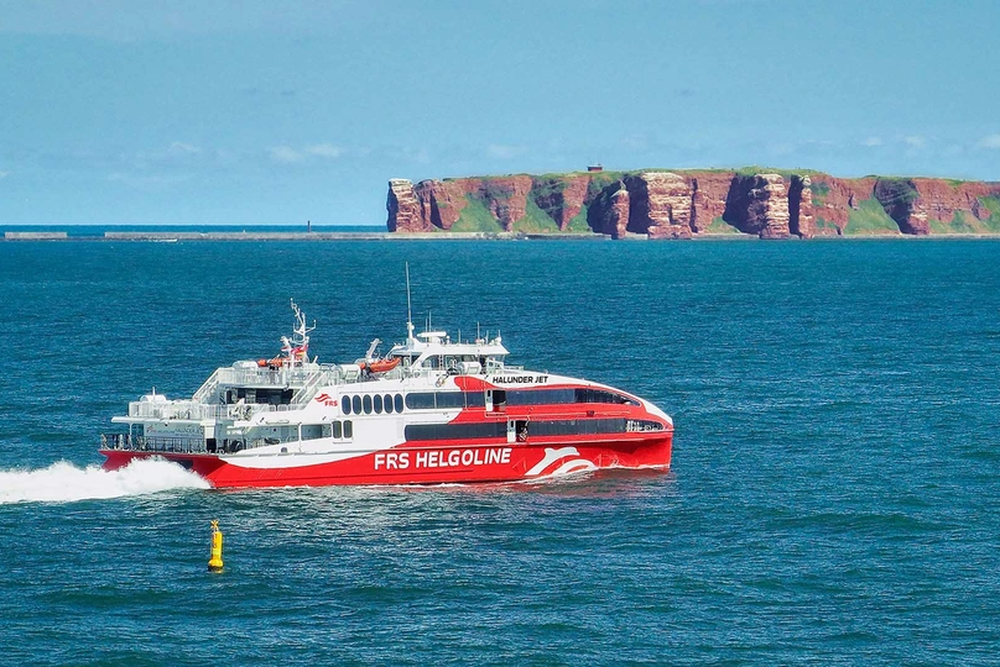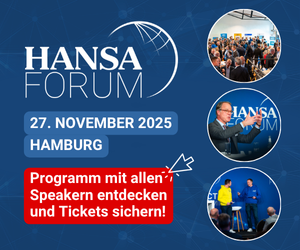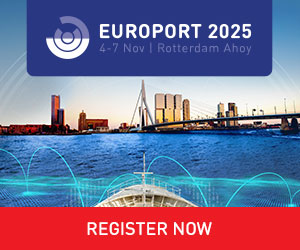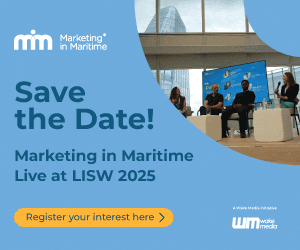Paywall
 Dubai’s shining beacon
Dubai’s shining beacon

Dubai is up for the challenge of becoming a center of excellence in maritime by promoting its maritime cluster and adopting future technologies, writes Samantha Fisk Dubai, a city that has grown out of the desert and yet…
Verwandte Themen









